Unlocking the Healing Power of Phytonutrients
In the intricate dance of human health, phytonutrients—powerful compounds found in plants and fungi—play a starring role. At MGI Clinics, we harness the therapeutic potential of these natural wonders to offer holistic treatments for immune conditions like lupus, ulcerative colitis, rheumatoid arthritis, psoriasis, IBS, SIBO, and eczema. Our approach focuses on balancing the gut microbiome and the mind-gut axis, providing a natural path to symptom relief and improved overall well-being.
What Are Phytonutrients?
Phytonutrients, also known as phytochemicals, are molecular compounds present in plants and fungi that exert positive effects on human health. These compounds have been used for centuries in traditional medicine and are often associated with terms like “superfoods” and “antioxidants.” Unlike essential nutrients like vitamins and minerals, phytonutrients are not required for survival, but they play a crucial role in maintaining optimal health and preventing chronic diseases.Phytonutrients are found in a wide variety of plant-based foods, and their benefits range from reducing inflammation to boosting immune function. They act as antioxidants, neutralizing free radicals that cause cellular damage, and possess anti-inflammatory, anti-cancer, and neuroprotective properties. In the pharmaceutical world, many prescription drugs are derived from phytonutrients, underscoring their importance in medical treatments.

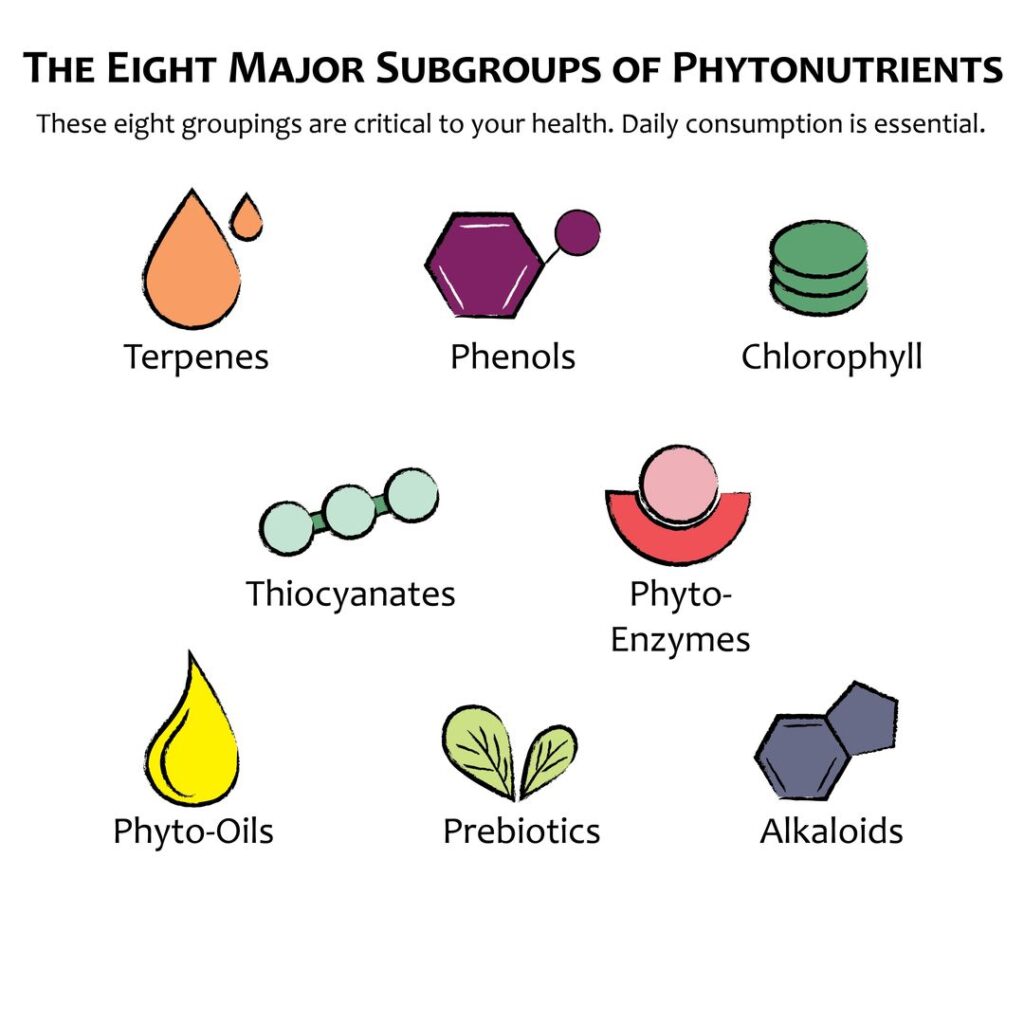
Terpenes
Known for their aromatic properties, terpenes are the compounds responsible for the scents of many plants, such as pine, lavender, and citrus. These compounds play a significant role in supporting nerve function and have nootropic properties, enhancing cognitive abilities like memory and focus. Terpenes are also found in cannabis, contributing to its therapeutic effects, particularly through the “entourage effect,” where they enhance the benefits of other cannabinoids. Besides cannabis, terpenes are present in ginkgo biloba, Bacopa Monnieri, and even in the air of forest environments, a practice known as “forest bathing” or “shinrin-yoku,” which has been shown to alleviate symptoms of anxiety and depression.
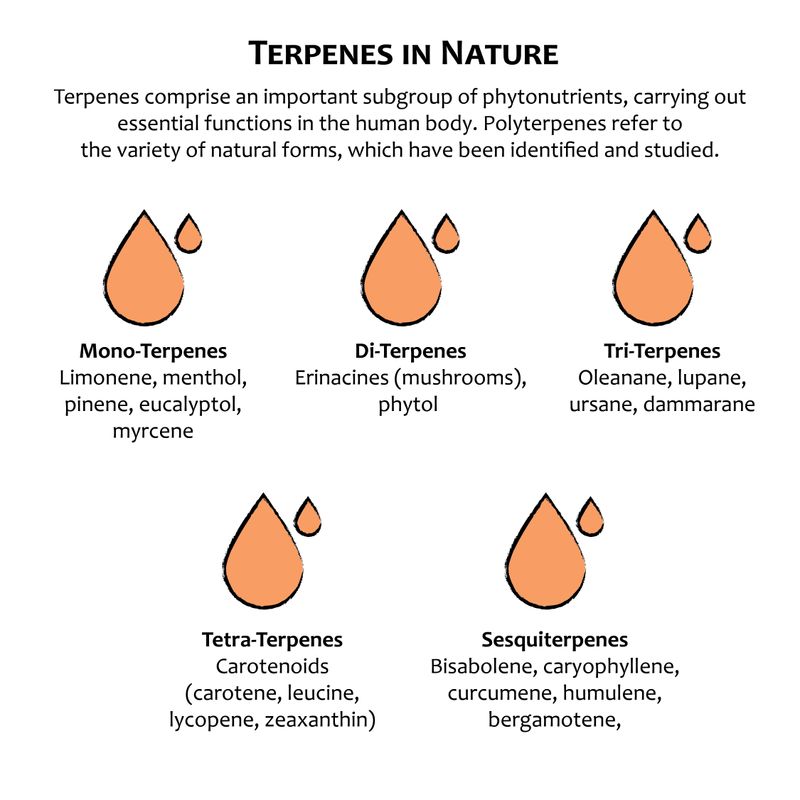

Phenols (Polyphenols)
Phenols are a diverse group of antioxidants that are well-known for their health benefits. They are found in abundance in foods like dark berries, green vegetables, tea, and red wine. Specific polyphenols, such as quercetin, resveratrol, and curcumin, have been extensively studied for their ability to reduce inflammation, support cardiovascular health, and protect against cancer. The anti-inflammatory properties of polyphenols are particularly beneficial for individuals with chronic conditions, as they help reduce the oxidative stress that exacerbates disease symptoms.
Chlorophyll
Often referred to as the “lifeblood” of plants, chlorophyll is a green pigment responsible for photosynthesis. In humans, chlorophyll acts as a potent antioxidant, helping to neutralize free radicals and detoxify the body. It binds to harmful toxins and heavy metals, facilitating their removal from the body. Chlorophyll is abundant in green leafy vegetables like spinach, kale, and parsley. Consuming these vegetables raw or lightly steamed ensures maximum retention of chlorophyll, providing a natural detoxifying effect.
Thiocyanates
Thiocyanates, or isothiocyanates, are sulfur-containing compounds found in cruciferous vegetables like broccoli, Brussels sprouts, cauliflower, and kale. These compounds are powerful detoxifiers, promoting the liver’s ability to process and eliminate toxins. Sulforaphane, a well-known thiocyanate, has been shown to have anti-cancer properties, making it a valuable addition to any diet focused on disease prevention. Incorporating cruciferous vegetables into meals can significantly enhance the body’s natural detoxification processes.
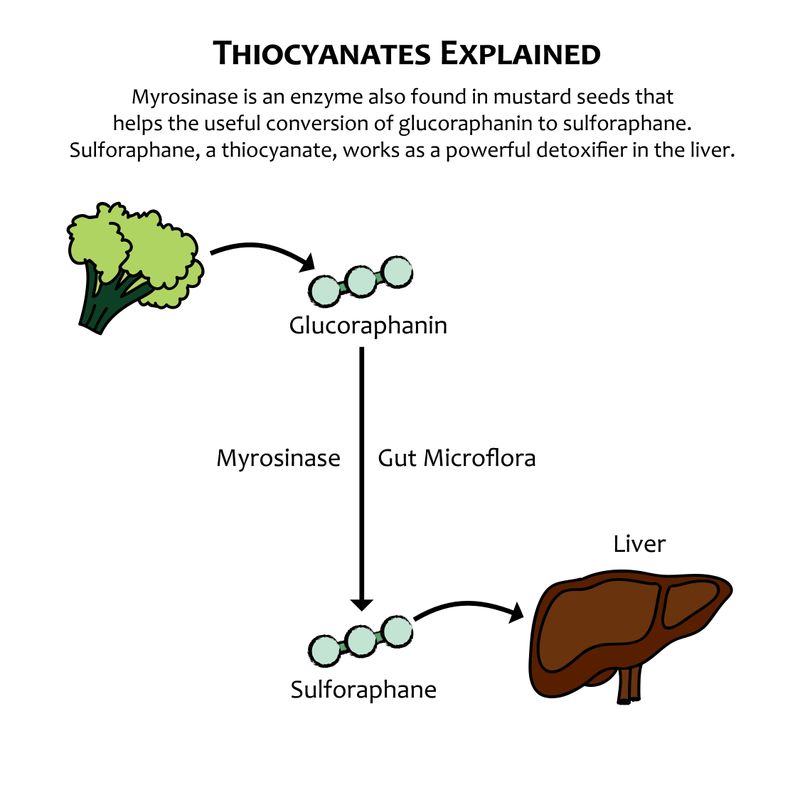
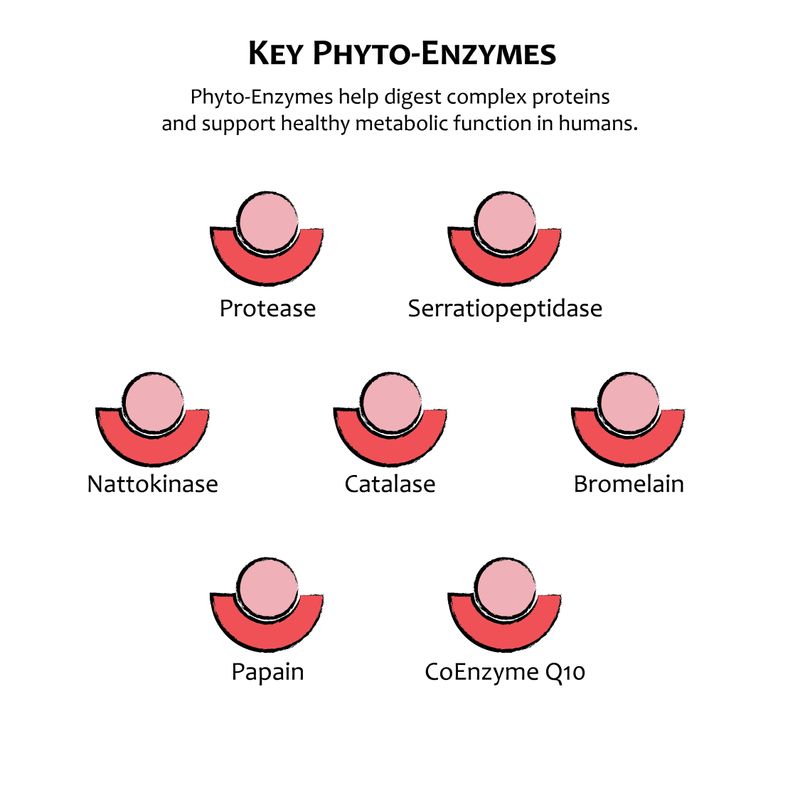
Phyto-Enzymes
Enzymes are catalysts that facilitate biochemical reactions in the body, and phyto-enzymes are plant-derived enzymes that aid in digestion and metabolism. Proteases, such as bromelain from pineapples and papain from papayas, help break down proteins into amino acids, making them easier to digest and absorb. Phyto-enzymes also have anti-inflammatory and immune-modulating effects, supporting overall health. For those with digestive issues or looking to optimize nutrient absorption, incorporating phyto-enzyme-rich foods or supplements can be beneficial.
Phyto-Oils
Phyto-oils, or plant-based oils, are rich in essential fatty acids that play a vital role in maintaining cellular integrity and reducing inflammation. Omega-3 fatty acids, found in flaxseeds, chia seeds, and walnuts, are known for their anti-inflammatory properties and support for brain health. Omega-6 fatty acids, present in evening primrose oil and black currant oil, can also be beneficial, but it’s essential to balance their intake with omega-3s to avoid promoting inflammation. Olive oil, rich in oleic acid, is a staple in the Mediterranean diet and is renowned for its heart-protective benefits. It’s important to choose high-quality, cold-pressed oils to ensure they retain their beneficial properties.
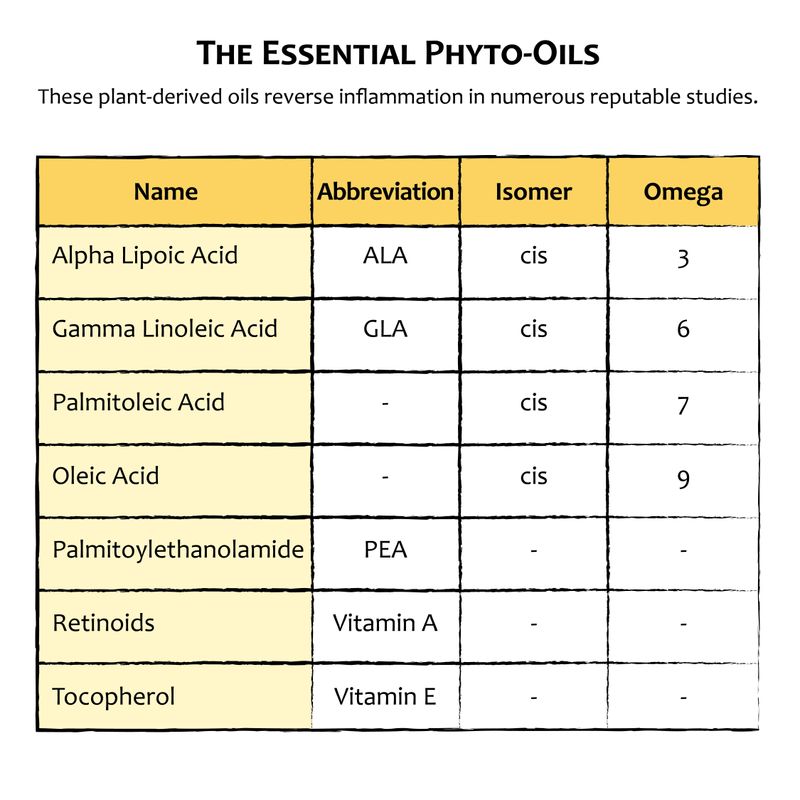
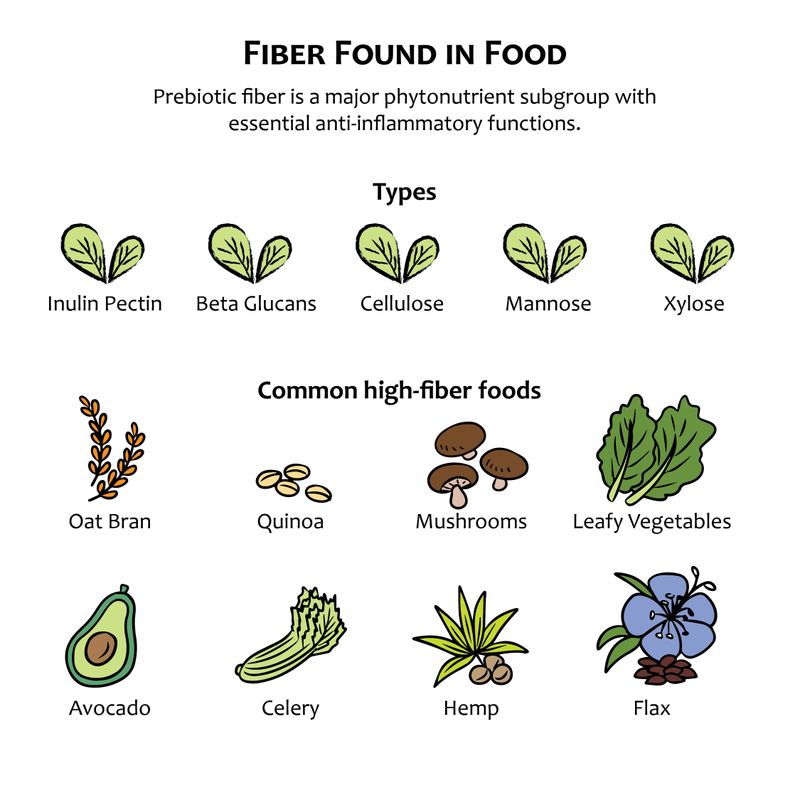
Prebiotics
Prebiotics are non-digestible fibers that serve as food for beneficial gut bacteria, promoting a healthy microbiome. These fibers, such as inulin, beta-glucans, and pectin, are found in foods like oats, flaxseeds, and chicory root. Prebiotics support digestive health by enhancing the growth of probiotics, or “good” bacteria, in the gut. This, in turn, helps maintain a balanced microbiome, essential for immune function, digestion, and even mental health. Regular consumption of prebiotic-rich foods can improve gut health and prevent issues like constipation and “leaky gut.”
Alkaloids
Alkaloids are naturally occurring compounds found in plants, fungi, and some animals. They are known for their potent effects on the human body, ranging from stimulant to therapeutic properties. Common alkaloids include caffeine, found in coffee and tea, which acts as a stimulant and enhances alertness. Another alkaloid, morphine, is a powerful pain reliever derived from the opium poppy. Alkaloids can also have anti-inflammatory and neuroprotective effects, making them valuable in treating conditions like chronic pain and neurodegenerative diseases. However, some alkaloids, like those found in certain nightshade vegetables, can be toxic in large quantities and should be consumed with caution.
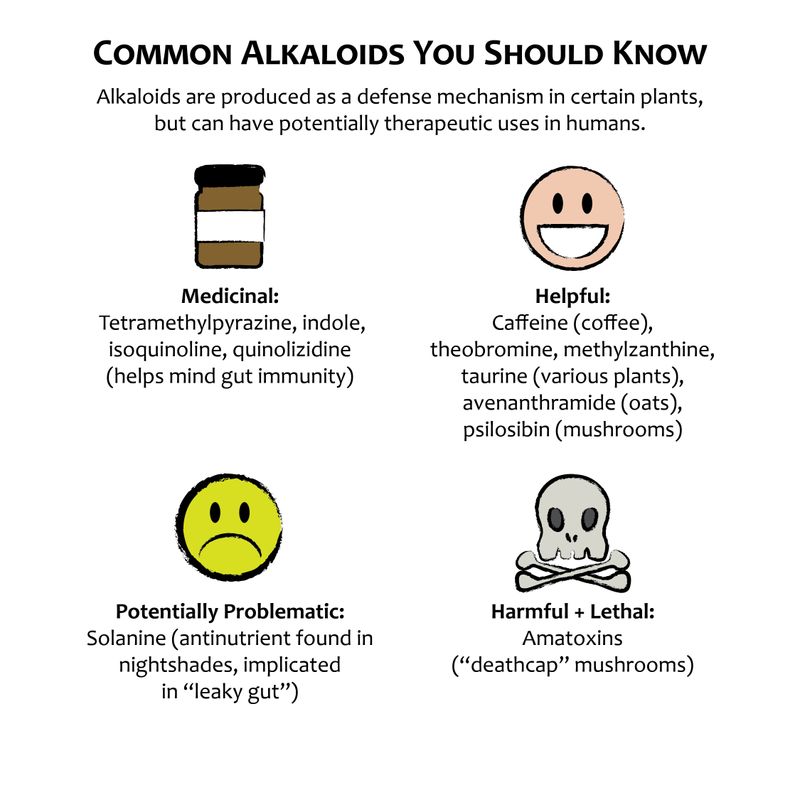
Maximizing Phytonutrient Intake
To fully benefit from phytonutrients, it is essential to incorporate a diverse array of plant-based foods into your daily diet. This means consuming a variety of fruits, vegetables, nuts, seeds, and whole grains, each offering unique phytonutrient profiles. At MGI Clinics, we encourage our patients to view every meal as an opportunity to nourish their bodies and support their health. By focusing on nutrient-dense, phytonutrient-rich foods, you can reduce inflammation, support immune function, and enhance overall well-being.
Taking Control of Your Health
At MGI Clinics, we believe in the transformative power of phytonutrients. Our treatments are designed to harness the full potential of these natural compounds, offering a holistic approach to managing immune conditions. By integrating phytonutrients into your diet, you take a proactive step towards better health and well-being. Remember, every meal is an opportunity to heal and rejuvenate. Let’s take control of our health, one plate at a time. For more information or to schedule a discovery call with our experts, click here. Let’s explore the benefits of phytonutrients together and embark on a journey towards a healthier, happier you.


